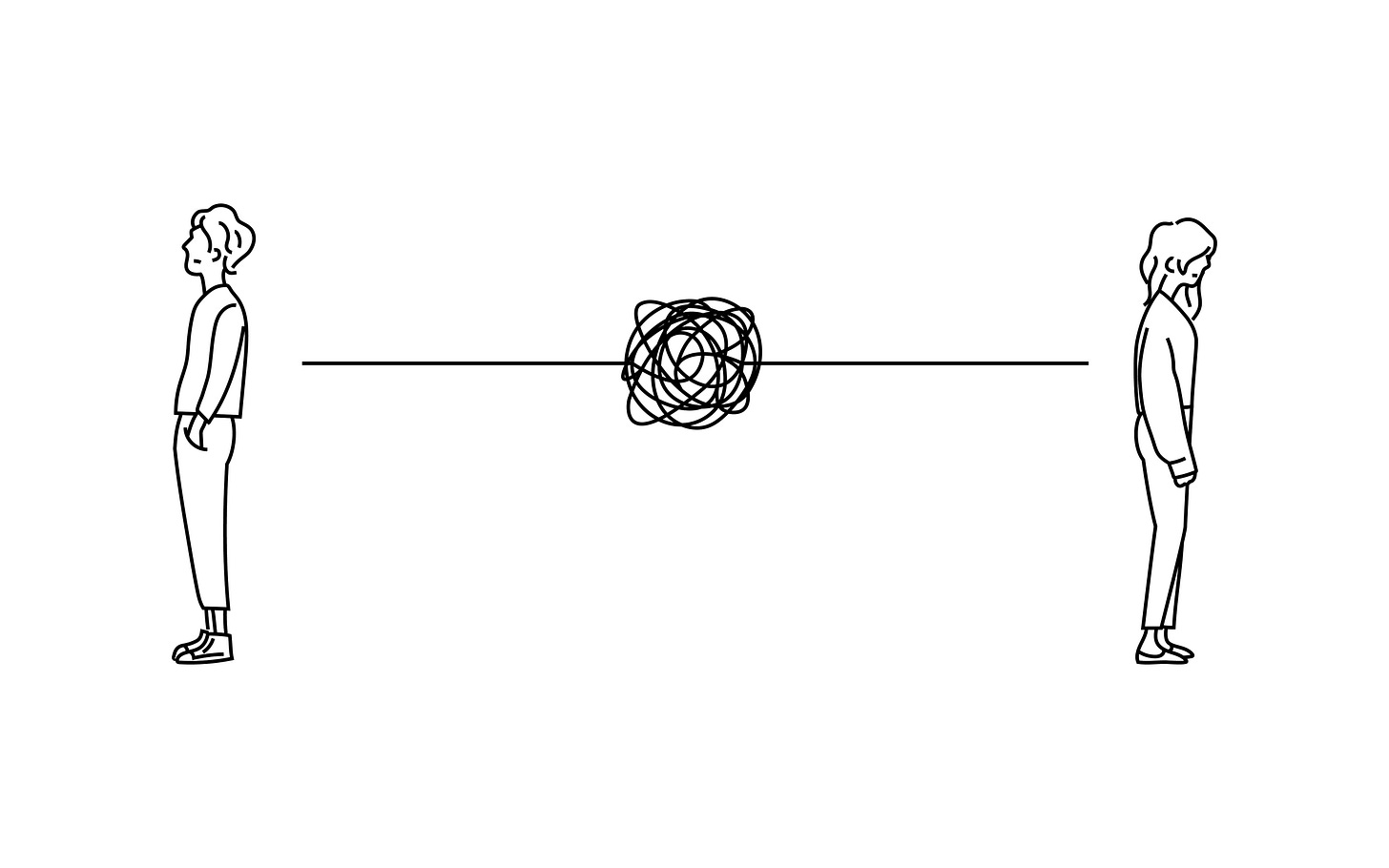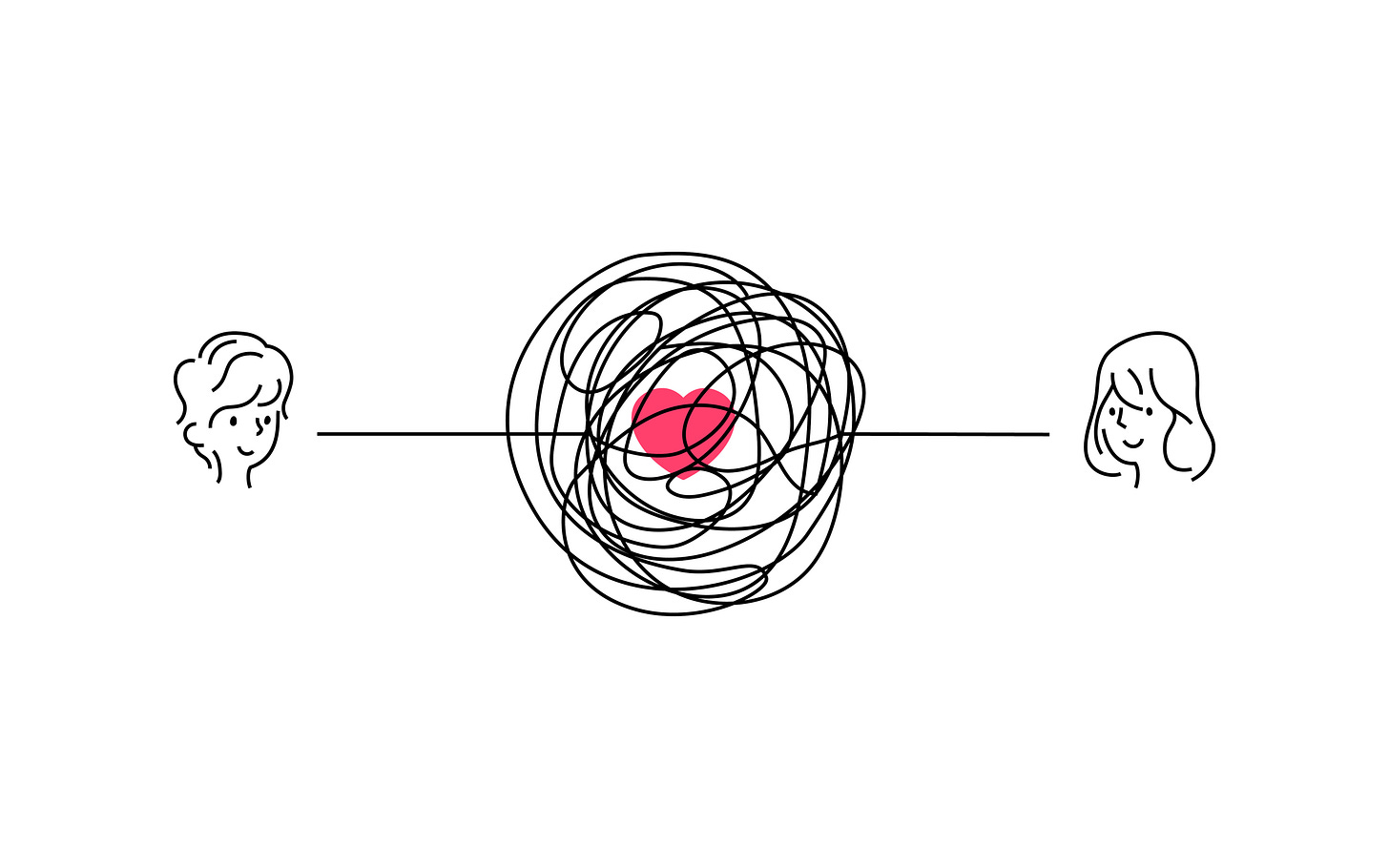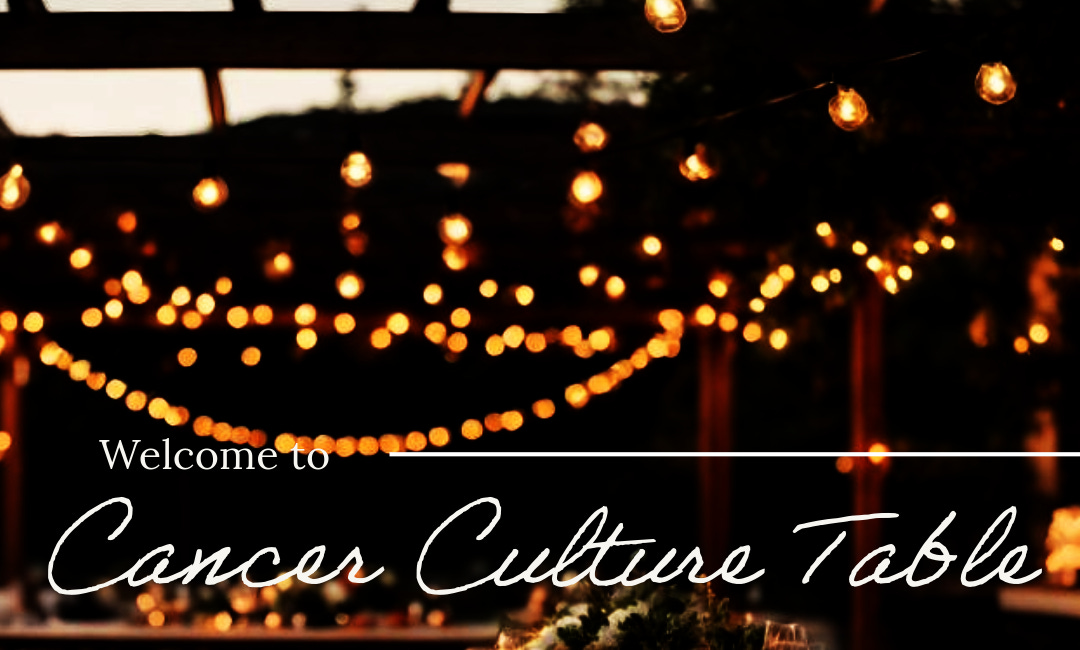A few weeks ago, I initiated a professional breakup. The expertise that I expected was not what I was receiving. Despite knowing that the relationship could not continue, I still had a difficult time communicating that it was over.
What made it harder was that this person was a kind, competent, and knowledgeable individual who I knew was trying to help. What I realized after working together, however, was that the service I needed was not what this person provided; I had hired the wrong help. It was not fun to write that email.
As a cancer survivor, have you ever wondered when it might be time to get another doctor? As the crush of intense treatment fades and the pace of your care slows, you may find yourself wondering if this person who helped save your life is the best person to care for you now. Let me give you four things to consider if you find yourself asking this question.
Do You Feel Safe?
In my case, this was a virtual relationship, so safety was not an issue. As a survivor, however, the power imbalance between a vulnerable patient and a medical provider is huge. If you ever witness or experience inappropriate physical touch that makes you want to run, you should find another doctor quickly. In my experience, this is rare, but it does happen, and it is unacceptable. By this point in your treatment, hopefully, you know this person well, but, even so, pay attention to red flags and leave if you see them.
Do You Feel Heard?
Much of cancer survivorship is dealing with uncertainty. Part of that is the heterogeneous nature of cancer and part is the lack of evidence-based guidelines for survivorship care. As a result, many times your doctor will not know the answer to why something is happening or whether a treatment exists that will help.
This doesn’t mean they don’t care, and it doesn’t mean your feelings are not important. In follow-up, the doctor is mostly focused on signs of your cancer coming back. She may not have an answer on why you feel the way you do, but she should be able to tell you that it’s not a sign of cancer returning. Not having an answer is different than not hearing your questions. Your doctor should always listen to your concerns and empathize with your feelings. Personally, I try to connect patients to resources that may have answers, but not every doctor has that time, interest or experience.
What Are Your Core Expectations of This Relationship?
During treatment, your doctor may have had all the answers—what treatment is next, what medicines to take, when to intervene on a test result. This can change in survivorship when you are “done” with cancer treatment and transition back to the “normal” world.
This change can be jarring, particularly as your doctor moves from directing your care to a more passive role. Other health concerns that have been on the back burner during treatment such as screening for other cancers, immunizations, and care of chronic medical conditions must be addressed by your primary care physician. This transition period from oncologist back to primary care physician is not well managed and can feel bumpy (to put it mildly). Healthcare systems do not have a standard process to communicate this to patients or doctors. So, what can you do? Consider what exactly you need from your oncologist and communicate that at your next visit or via your electronic medical record. Do you need a truth-teller? A cheerleader? A quarterback? Or just someone to listen? If you don’t know what you need, maybe start here.
Is This Something Only Your Doctor Can Do?
As a cancer survivor, you have been through an incredible experience that might have changed you in a fundamental way. What worked for you in a doctor-patient relationship prior to a cancer diagnosis may not work for you now. Write down what you need to get through the next few weeks and figure out who in your life can help. Can any of your needs can be met by your friends, family, and community? Are there trusted non-profits who specialize in your type of cancer?
Right now, there are very few cancer survivorship experts and oncology training does not prepare us to care for long term concerns. This part of the cancer experience is well studied, but not implemented. You may feel confused or that your doctor doesn’t seem to know the answers to your questions. This is probably correct. That doesn’t mean your questions are not important. It may just mean that your oncologist is no longer the source for your cancer answers.
They say, “breaking up is hard to do” and I agree. And in cancer, probably for good reason. Leaving someone who knows all that you went through is a big decision and not one to be taken lightly. A new doctor will most likely not read your entire chart. Maybe not even your entire treatment summary. And may not have better ideas. I wish it were true that all treating doctors were good survivorship doctors but that’s just not the case.
Many relationships change as you finish cancer treatment and move into survivorship including the one with your doctor. You should absolutely feel physically safe and that your doctor listens to you, even if she doesn’t have all the answers. Determining what you need from your doctor as well as identifying other resources will help you focus on the most important person in this relationship: you.
Have you considered breaking up with your oncologist? What made you leave? Or what made you stay?
If you are looking to connect with other cancer survivors and are a subscriber, please join us at the Cancer Culture Table. We would love to have you.
Join me!
Hello everyone! Today I’m announcing a brand-new addition to Cancer Culture…drum roll… The Cancer Culture Table. This is a conversation space for subscribers to share resources and connect. Everyone is welcome. (Good manners encouraged.) To start the conversation, please share your favorite “cancer hack.”
This post first appeared on Psychology Today in 2022. You can read more of my posts addressing common survivorship concerns here.










I’m now in the dance between my heme-onc doctor and handing care back to a PCP. I’m glad you noted it because it certainly has been bumpy and I certainly find myself too dependent on my cancer doc… but I like the idea of having expectations to keep goals and communication in alignment.
As a fellow cancer survivor, I love love love this message.